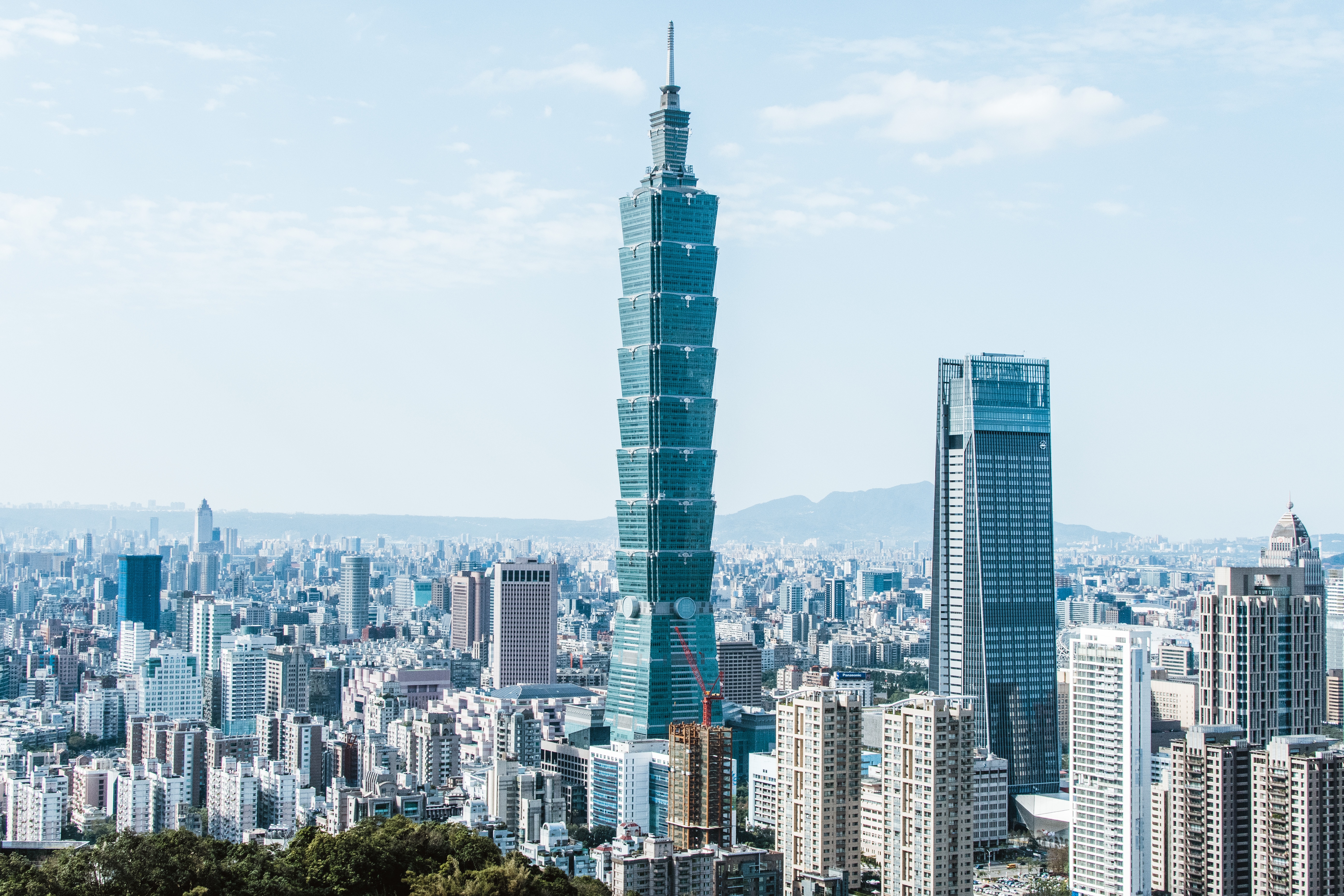
The number of lawyers in Taiwan increased significantly in 2011 as a record 964 candidates passed the bar exam.
Despite a population of 23 million people and the world’s 19th largest economy, Taiwan has just 7,000 practicing lawyers according to the Ministry of Justice. The California State Bar, for example, has nearly 200,000 members. The Netherlands, with a population of 16.6 million, had 15,000 lawyers in 2007.
According to Ministry of Examination figures, the pass rate for the 2011 exam was 10.6%.
While this may seem very low by the standards of other jurisdictions, it is unprecedented in Taiwan. During the martial law era (1949-1987), pass rates were below 1%. Between 1950 and 1989, just 782 lawyers became members of the bar. In 1981, two years after the Kaohsiung Incident, only six passed. This was widely understood to signal the government’s displeasure with the profession after a team of lawyers defended the leaders of the rally that triggered the incident.
Over the past two decades though, pass rates increased to around 4% and the number of lawyers has gradually risen.
The very low numbers of lawyers in Taiwan is partly explained by historical reasons. After the Kaohsiung Incident, lawyers played a leading role in the democracy movement of the 1980s and 1990s and for that reason were distrusted by the government.
Another important reason is that Taiwan, like the Netherlands, has many alternative dispute result mechanisms administered by administrative agencies. For example, the Taipei City Department of Labor handled nearly 6,000 labor disputes in 2010.
Taiwan’s courts are also much more accommodating of parties without counsel than common-law jurisdiction courts. At any District Court, for example, there is a special desk set up to help layperson plaintiffs draft pleadings.
Perhaps not unsurprisingly, the increasing number of lawyers is not welcomed by all members of the profession. The main concern is that there are not enough cases to go around. Despite rising incomes, most ordinary Taiwanese find lawyers too expensive. In 2007 for example, just 14.5% of defendants in criminal cases were represented by counsel although this increased to 50.5% for defendants whose trial included a cross-examination under Taiwan’s modified adversarial system for criminal cases.
Many of those defendants were represented by lawyers from the Legal Aid Foundation, set up in 2004 with public funds to ensure that indigent defendants have defense counsel and that the poor have access to the legal system (the Foundation accepts both civil and criminal cases). In 2008, about 2,000 lawyers handled some 24,000 cases for the Foundation. About 700 lawyers handled more than ten cases each. Clearly the Legal Aid Foundation has become an important source of work for lawyers.
The relatively small pool of lawyers in Taiwan has implications for international clients seeking counsel. Taiwanese lawyers study law as undergraduates for four years. An increasing number go on to do a postgraduate LLM degree in law in Taiwan. This normally takes three to four years during which candidates also prepare for the bar exam. Due to the low pass rate, it takes an average of eight years for candidates to pass.
This means few Taiwanese lawyers have time to study overseas and gain the language skills and insight into other legal systems.
It also means that most Taiwanese lawyers are first and foremost generalist litigators. With the exception of a few lucrative fields such as intellectual property and M&A, true specialists, let alone English-speaking ones, are rare.
The end result is that foreign clients sometimes find Taiwan’s legal system opaque and frustrating because they lack clear guidance. Even worse, they may rashly believe, as many of their Taiwanese business partners assure them, that everything in Taiwan is done by guanxi (personal relationships) rather than by law. Although Taiwan is not a particularly litigious society, it is, however imperfectly, ruled by law. Learning this lesson can be costly and time-consuming.

